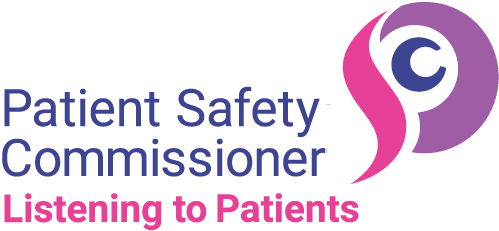
Antidepressant prescribing is at record levels in England, with around one in five adults receiving these medicines for a range of mental health conditions and chronic pain. Prescriptions have doubled since 2010 with around half of patients taking antidepressants long-term.
While NICE recommends antidepressants as one of the main options for ‘more severe’ depression, non-drug alternatives such as self-help, psychological interventions and exercise are considered more clinically effective and cost-effective in ‘less severe’ depression.
An increasing number of non-drug alternatives have become available on the NHS. For example, there has been significant investment in NHS Talking Therapies for anxiety and depression, with over 670,000 courses of treatment provided in 2022/23. There has also been considerable investment in social prescribing which can help people with mental health problems, and there are now over 3,700 FTE trained social prescribing link workers and over 2.5 million people have been referred to one.
It is important for patients to be able to make informed choices about whether to take antidepressants and NHS England has recently published a Patient Decision Aid on this topic, produced by NICE. It is important for patients to be aware that, particularly for less severe mental health conditions, the risks of possible side effects may outweigh the potential benefit. Unless there is a compelling case for prescribing an antidepressant immediately, patients should be given time to carefully weigh up the pros and cons.
In recent years there has been increasing recognition of the difficulties that some patients have in stopping antidepressants, including the risk that withdrawal effects are misdiagnosed as a relapse of the original condition. NICE has provided guidance on antidepressant withdrawal which emphasises the importance of a slow stepwise reduction, agreed in partnership with the patient. This may require use of liquid forms of the antidepressant once patients get down to lower doses and it is important that clinicians have the information, support and backing from ICB medicines optimisation teams required to prescribe these preparations. The Royal College of Psychiatrists has provided advice for patients and the Maudsley Deprescribing Guidelines provide detailed advice for clinicians.
To ensure antidepressant drugs are made available to patients only where their benefits outweigh the potential harm, NHS England is encouraging ICBs to address inappropriate antidepressant prescribing and to consider commissioning services for patients wishing to reduce or stop antidepressants. It is also important for clinicians to recognise that, while antidepressants may be helpful for some patients, non-drug options are likely to be a better option for most people who present with less severe mental health conditions.
Professor Tony Avery is National Clinical Director for Prescribing at NHS England

